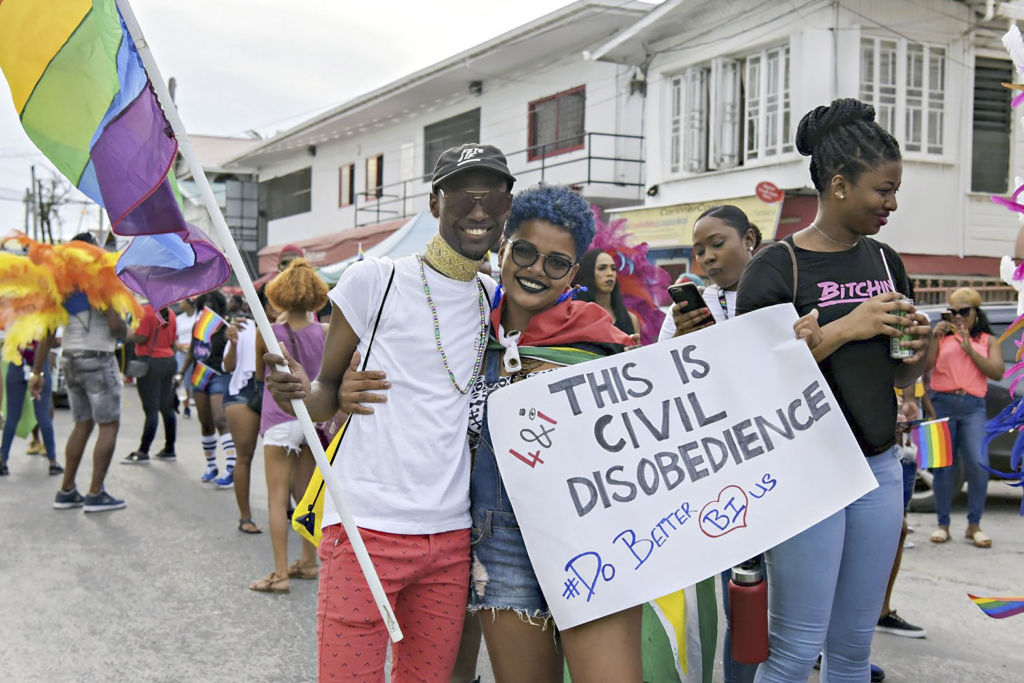Guyana is making strides to be a more inclusive nation for its citizens. The government recently decriminalized cross-dressing, which was ruled illegal 3 years ago. The new declaration made by the National Assembly disbanded the traditional 1893 law that made wearing attire according to your gender expression and identity illegal, if that includes men dressing in more women’s clothing.
Located in the northeast region of South America, Guyana is a smaller country that was under British Colonial rule for decades until 1970. Guyana has a strong community of indigenous people, and the English-speaking locals are surrounded by a massive rainforest near the raging Kaieteur waterfall.
In 2009, 3 transgender women of Guyana were persecuted and sent to jail for multiple days because of their clothing. The country’s religious affiliations influence the political judgements made on queer folk, especially the transgender community.
After these women were released from jail, the judge stated that they needed to turn to religion because of their gender identity. They were then left with a hefty fine and were free to go under the same laws that forced them to be confined in jail.
In fall 2018, the same group of trans women challenged the Caribbean Court of Justice, who later struck down the law as being too convoluted. According to the local Newsroom platform in Guyana, “a Bill to amend this Act was presented to the National Assembly and on Tuesday morning, the Attorney- General and Minister of Legal Affairs Anil Nandlall SC led the Bill’s second reading before it was passed.”
This disallows any political system from taking the human rights away from trans women who live in Guyana.
The Attorney-General’s opening statement included: “We have a duty not only to make new laws, or amend laws, but to remove from our legislative architecture those provisions that have been found to be repugnant and repulsive to our constitution, and we are simply delivering on that responsibility.”
Although Guyana is more so a secular state, the country has dated ideologies that may harm or threaten certain vulnerable demographics of people, including their LGBTQIA+ population.
Related: Ecuador’s LGTB Trade Chamber To Promote Gay Tourism In The Country
